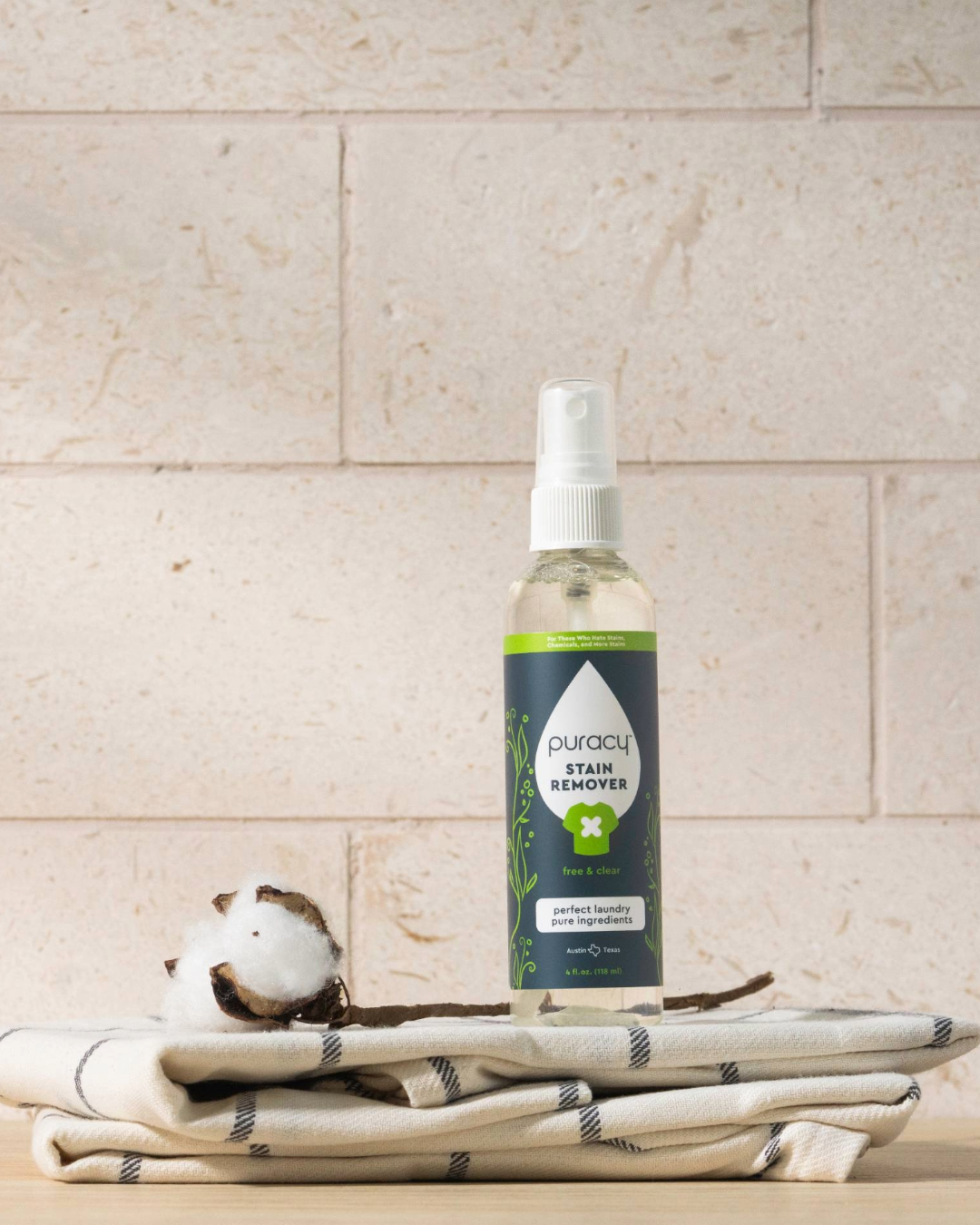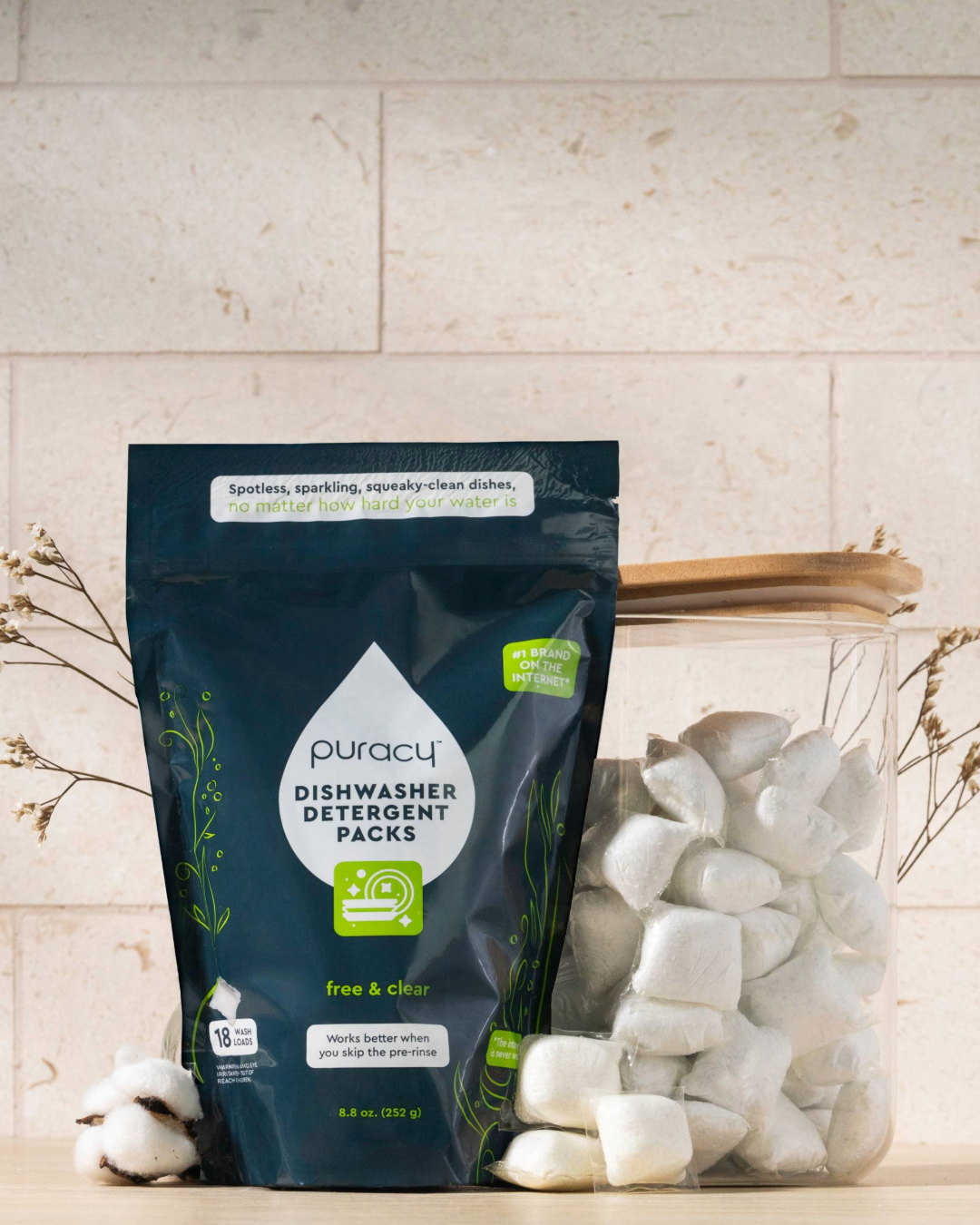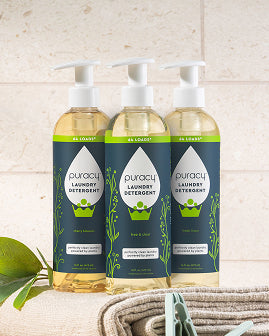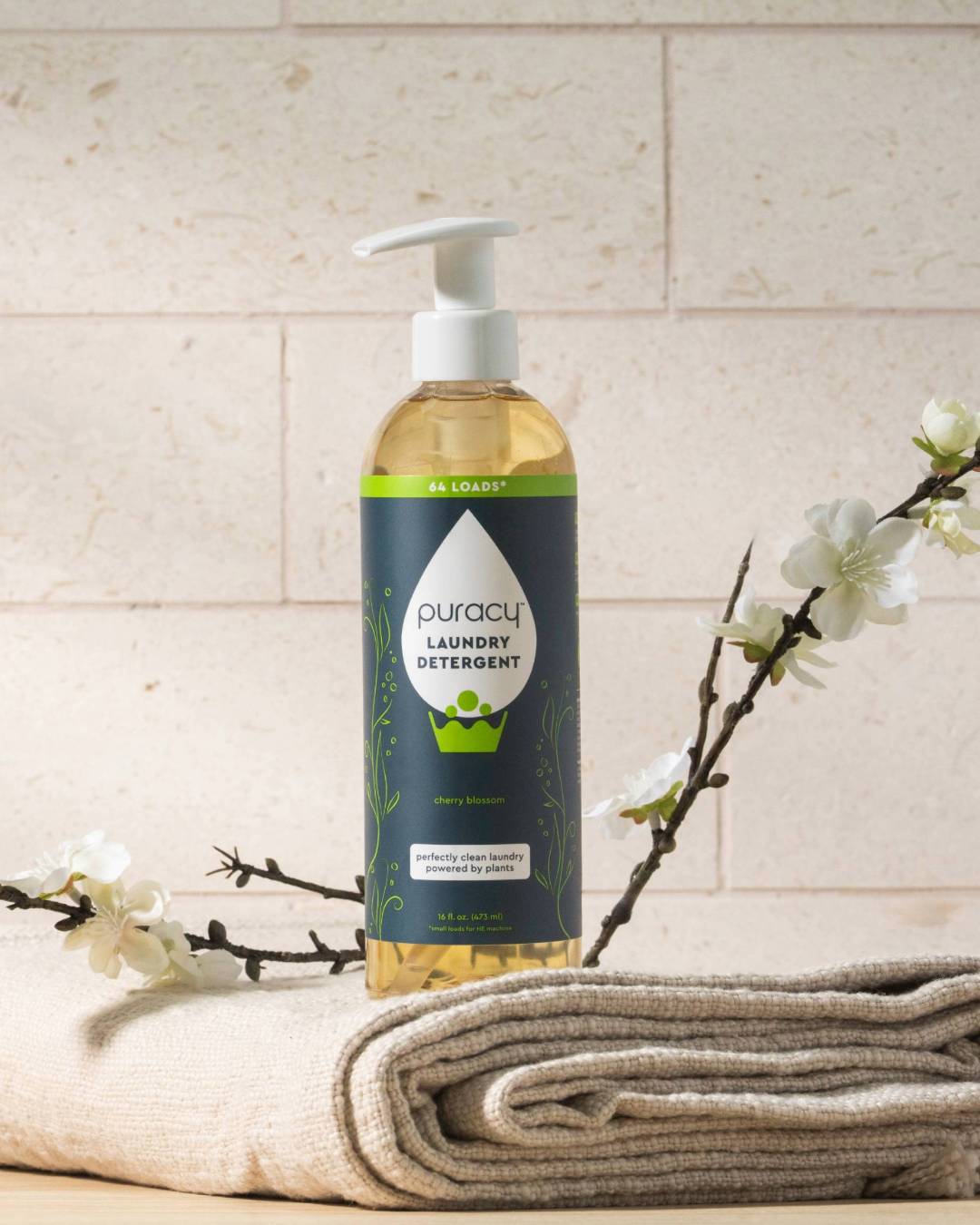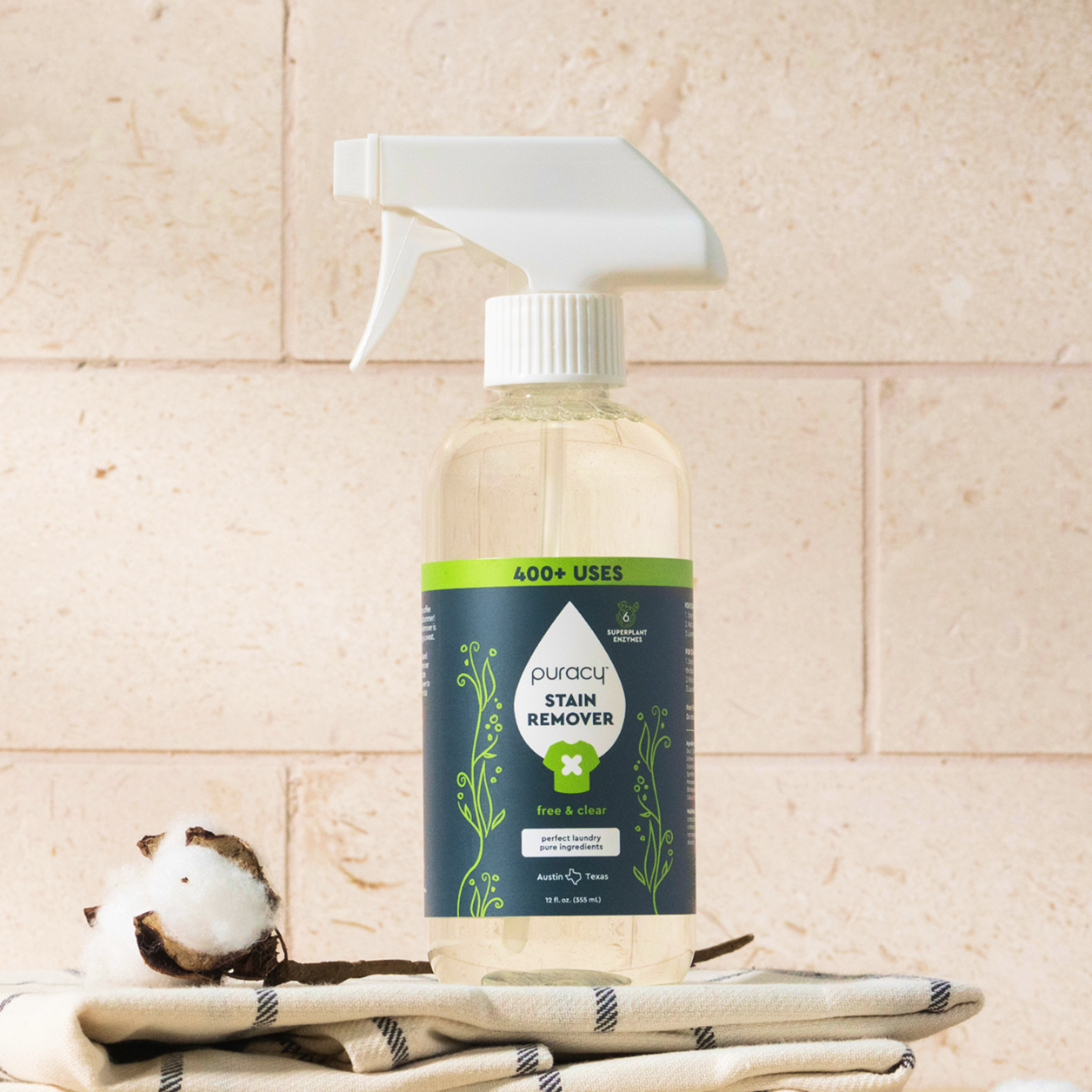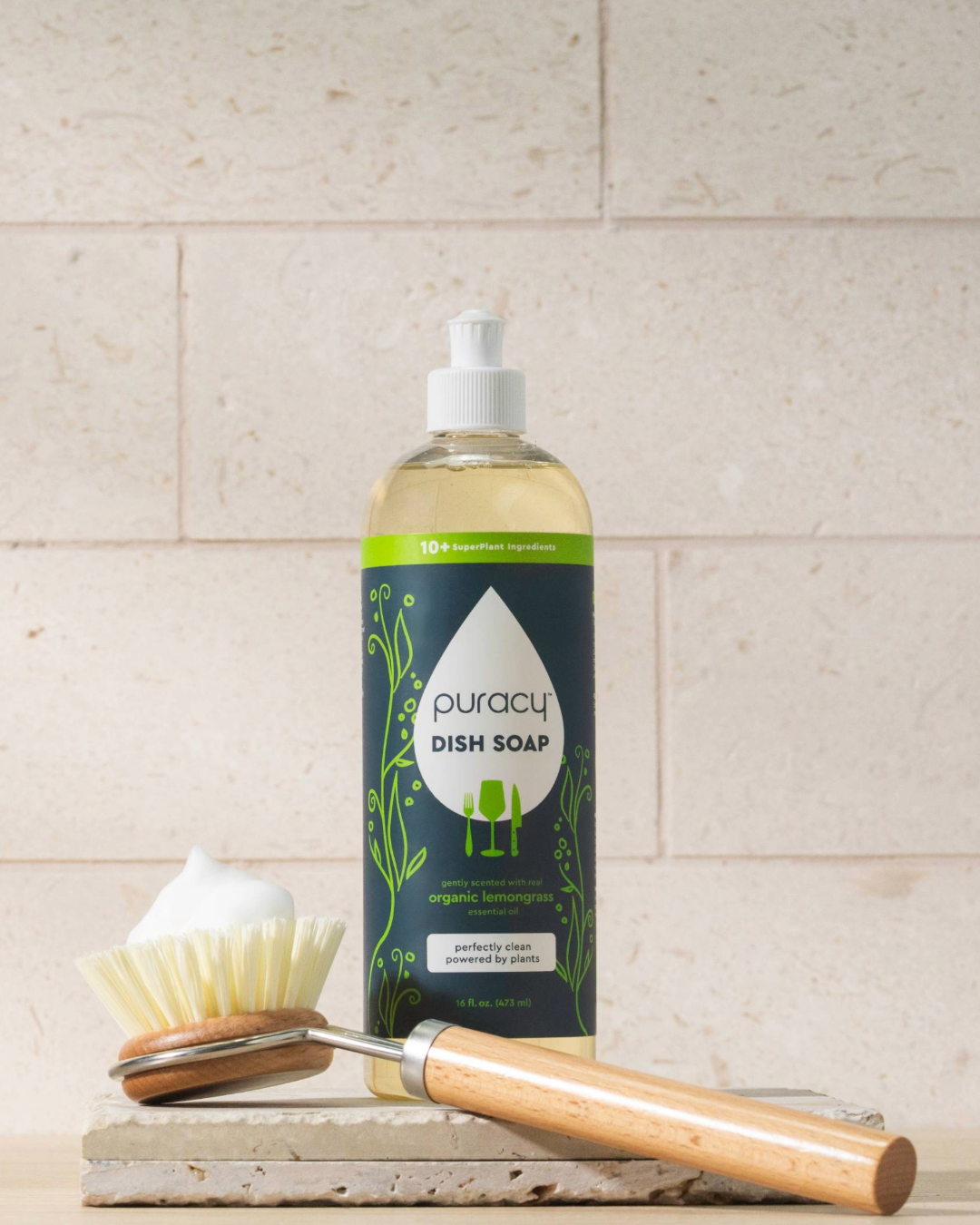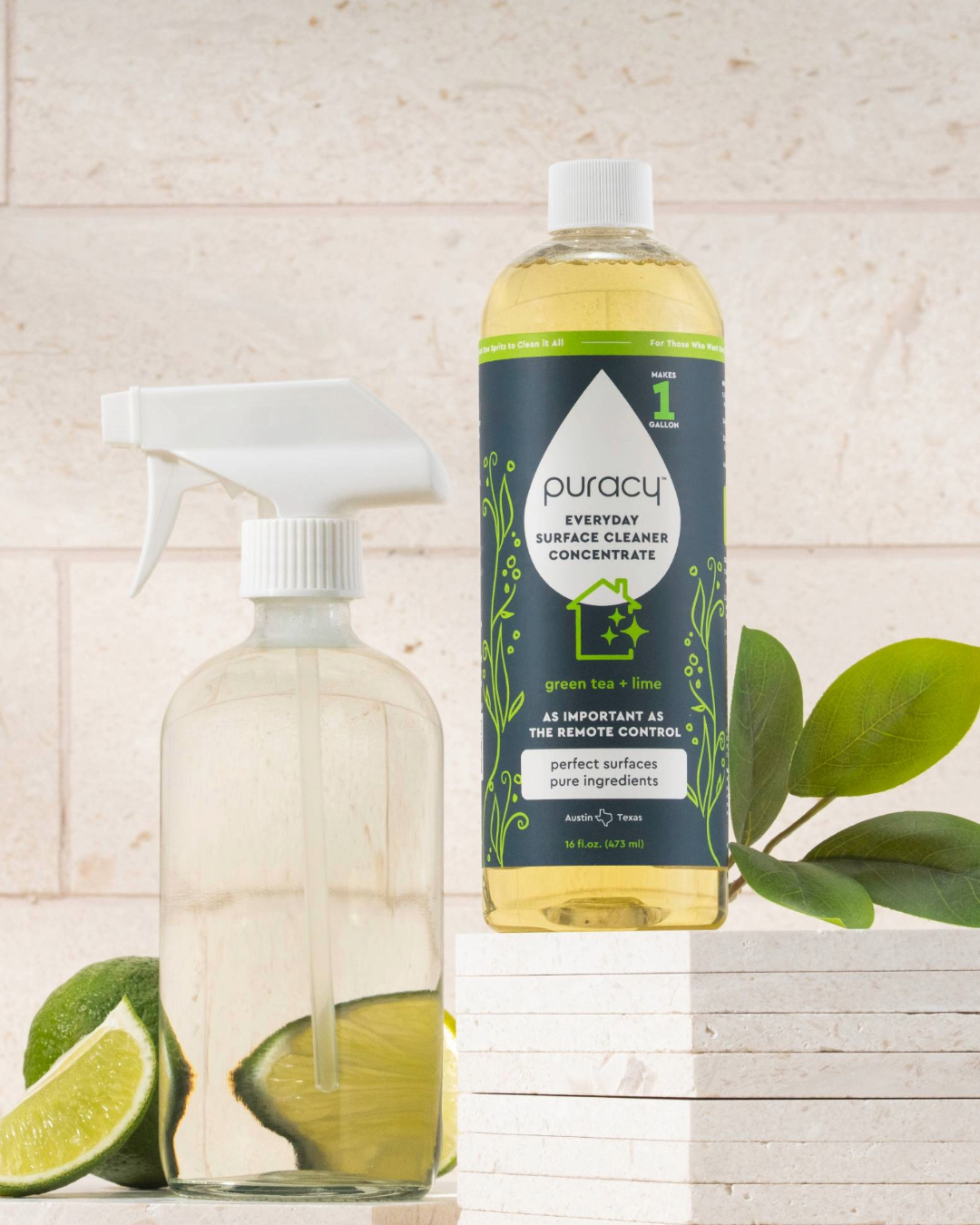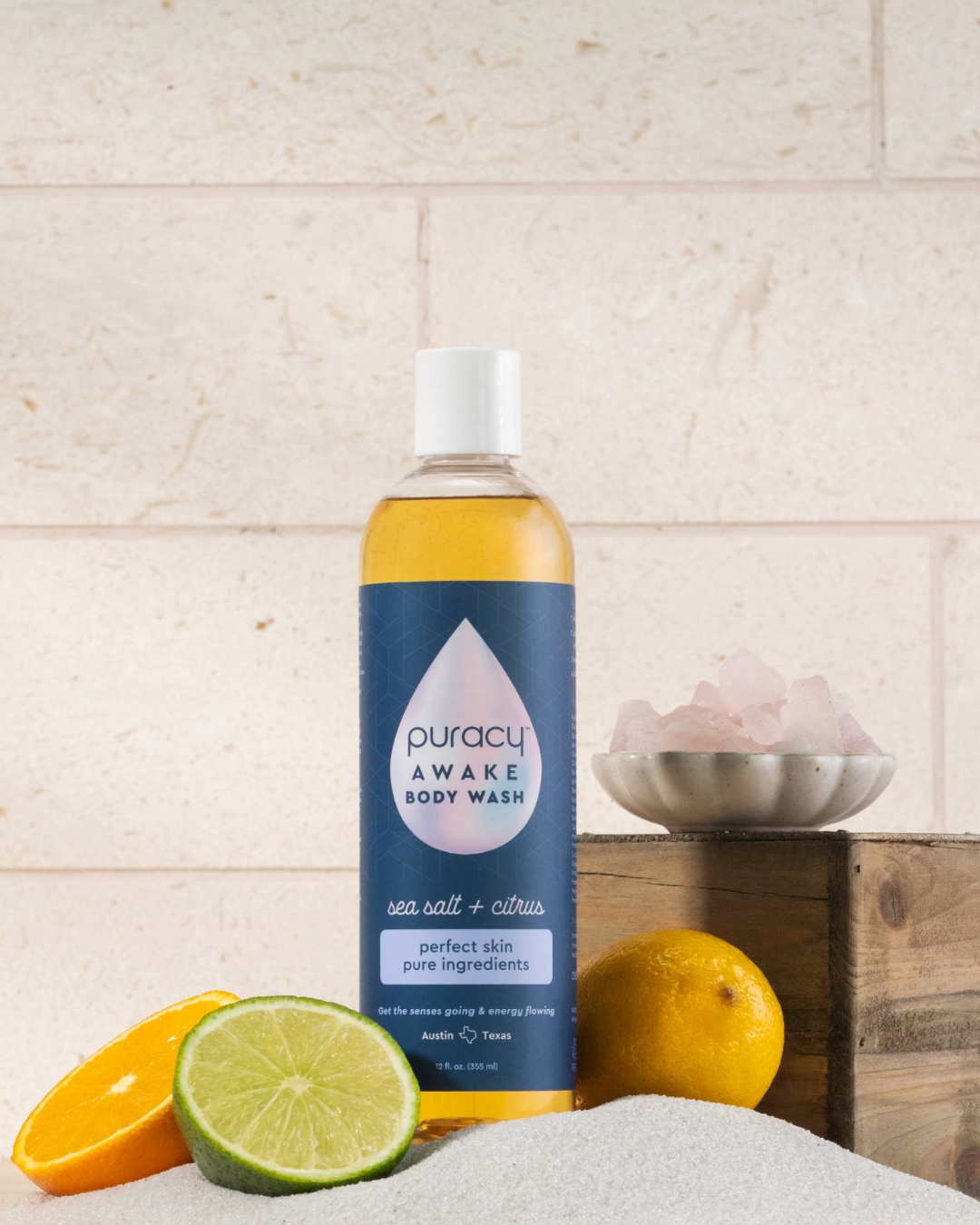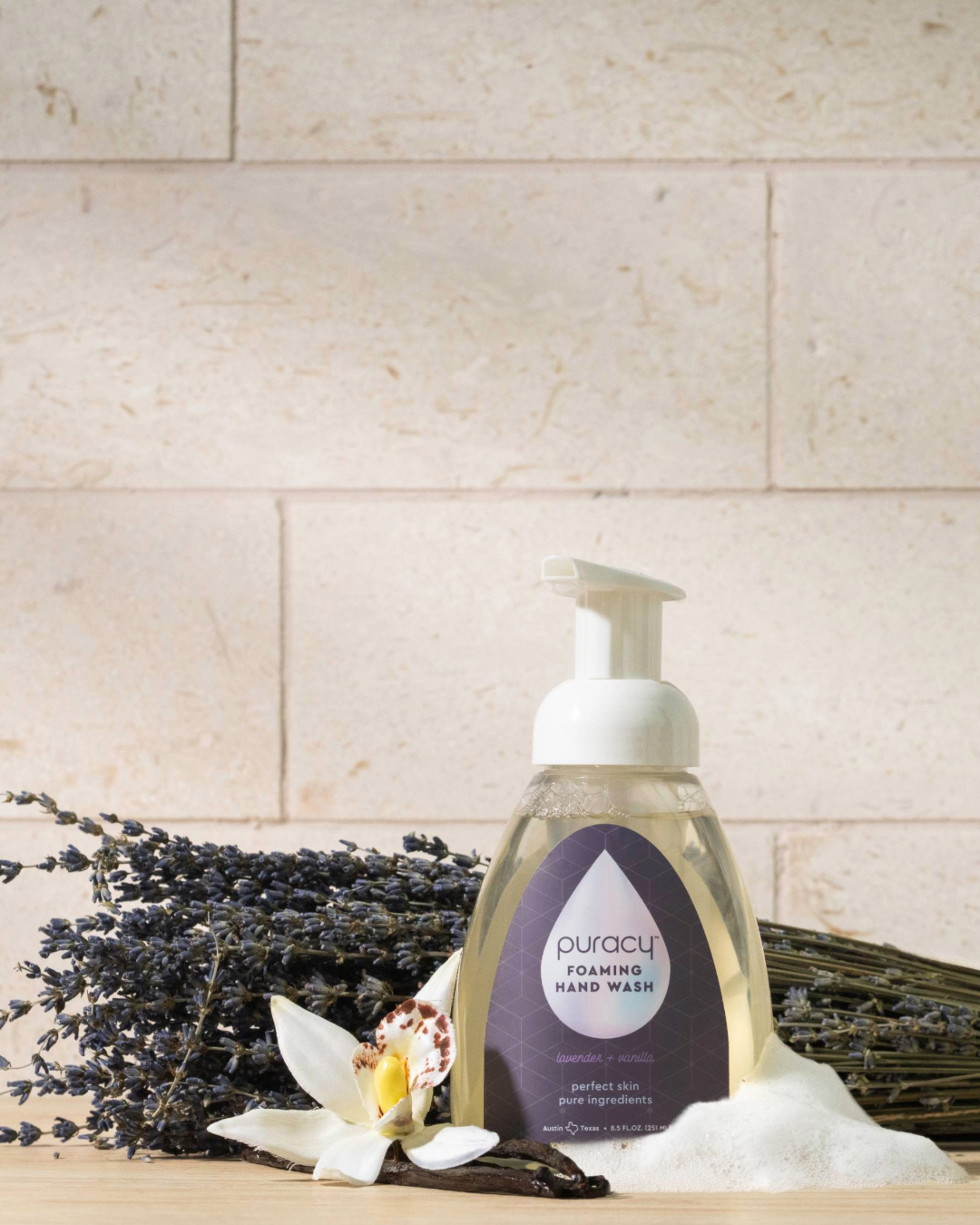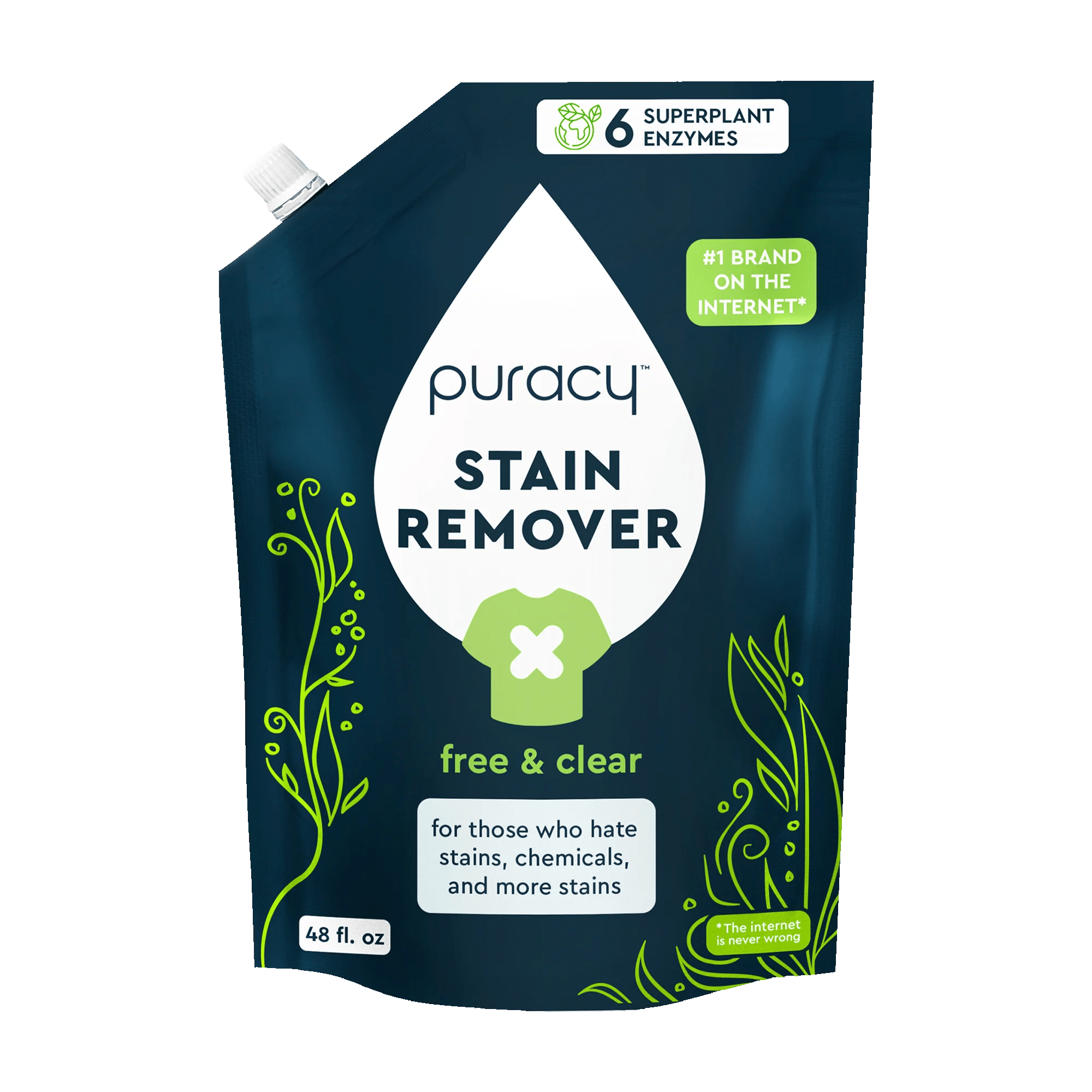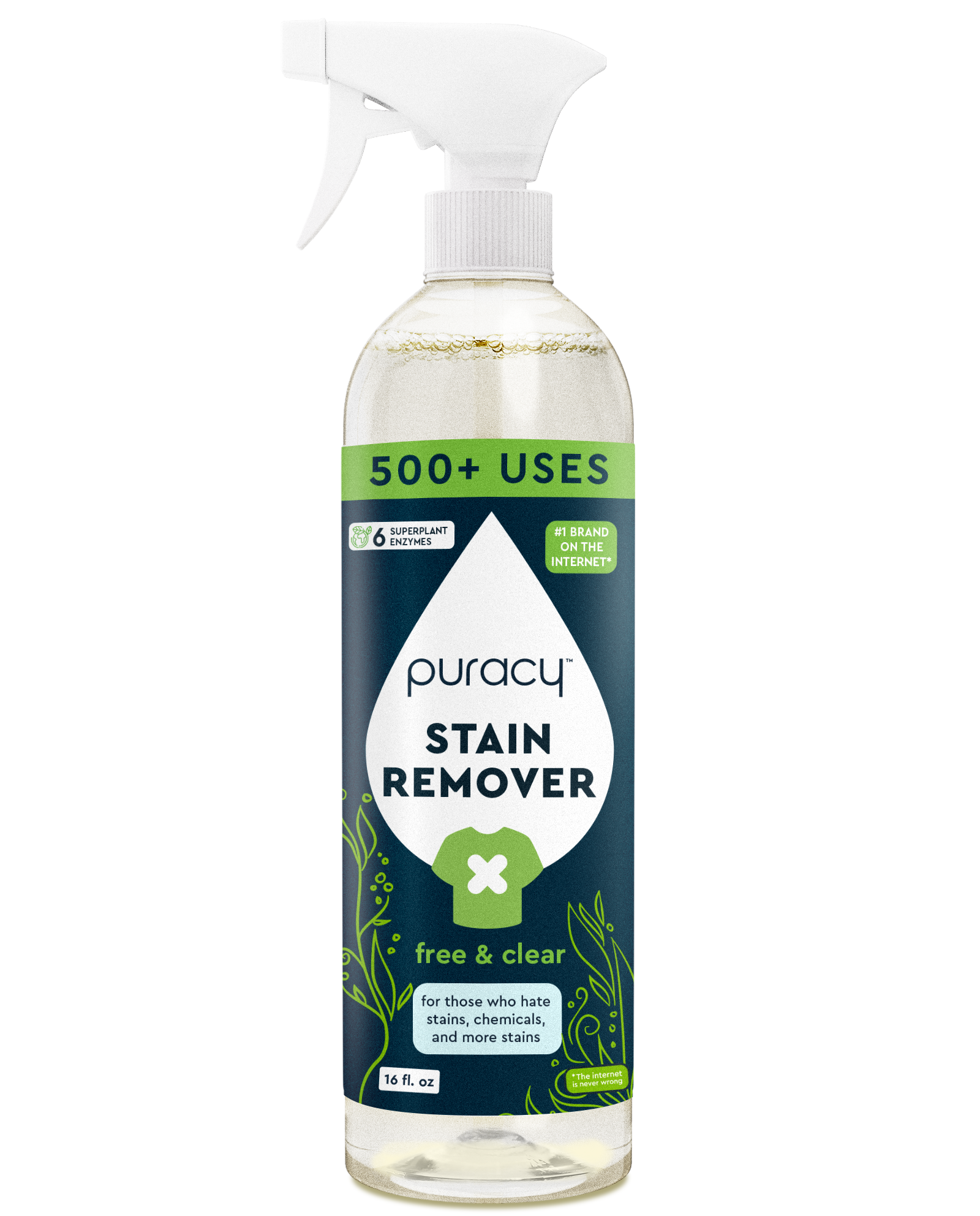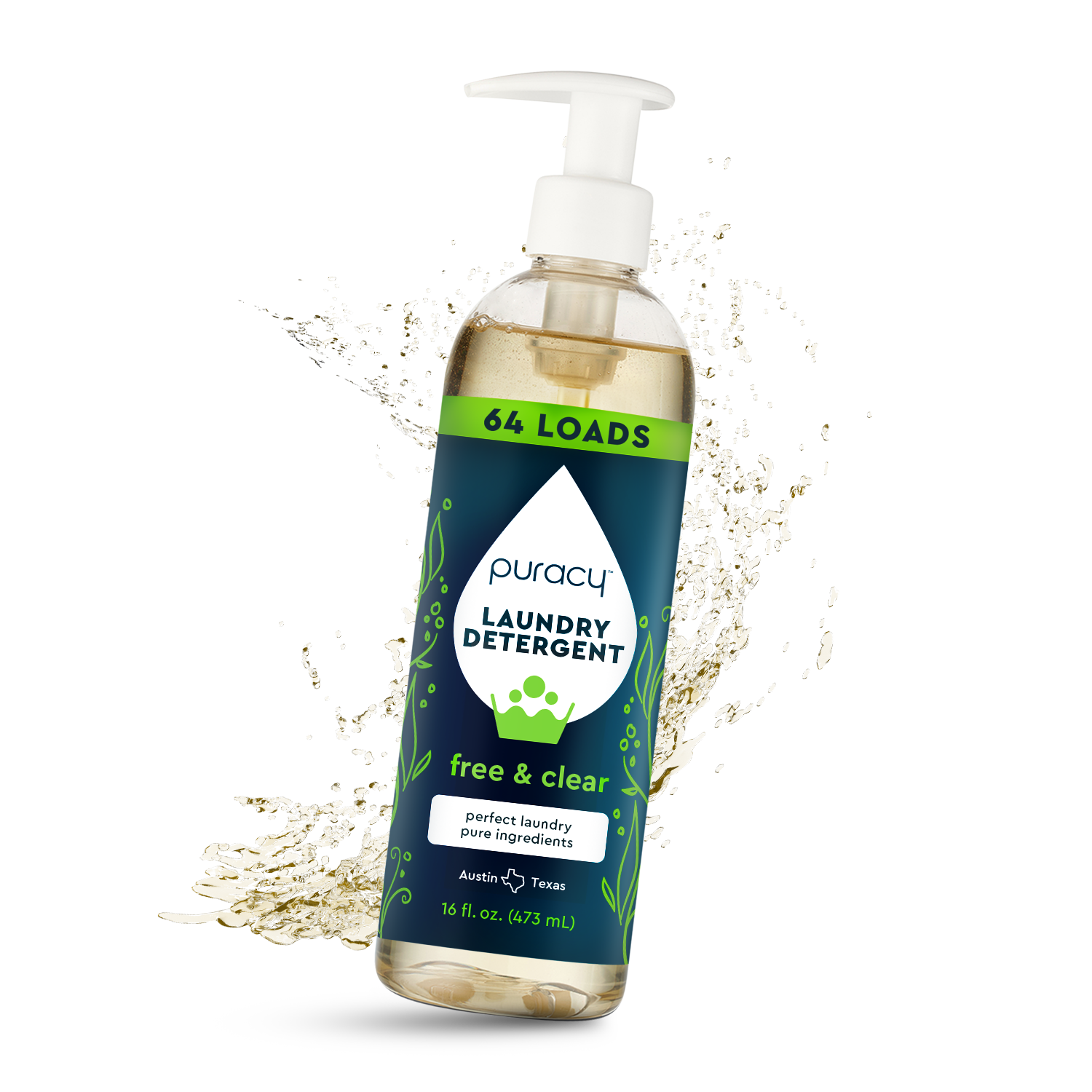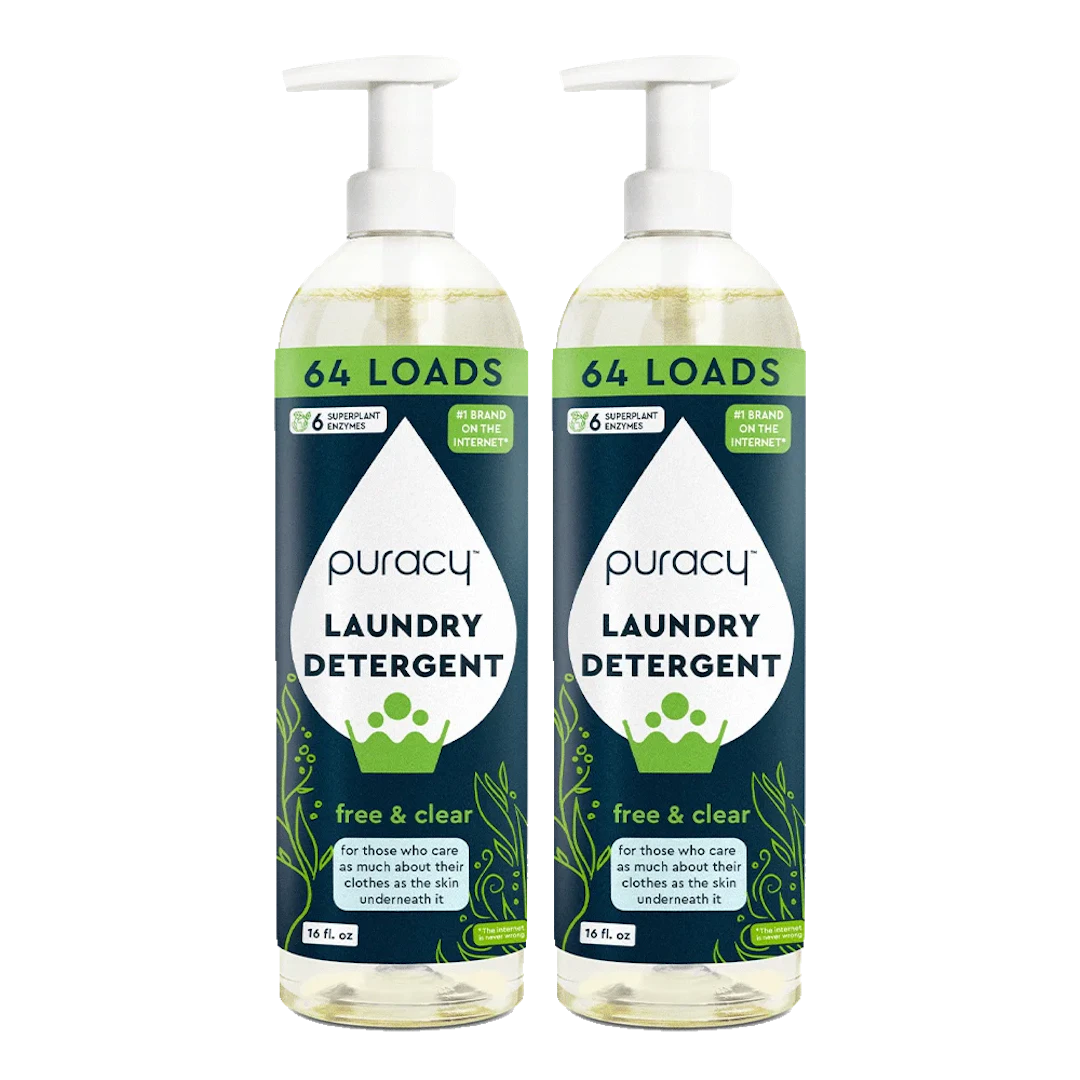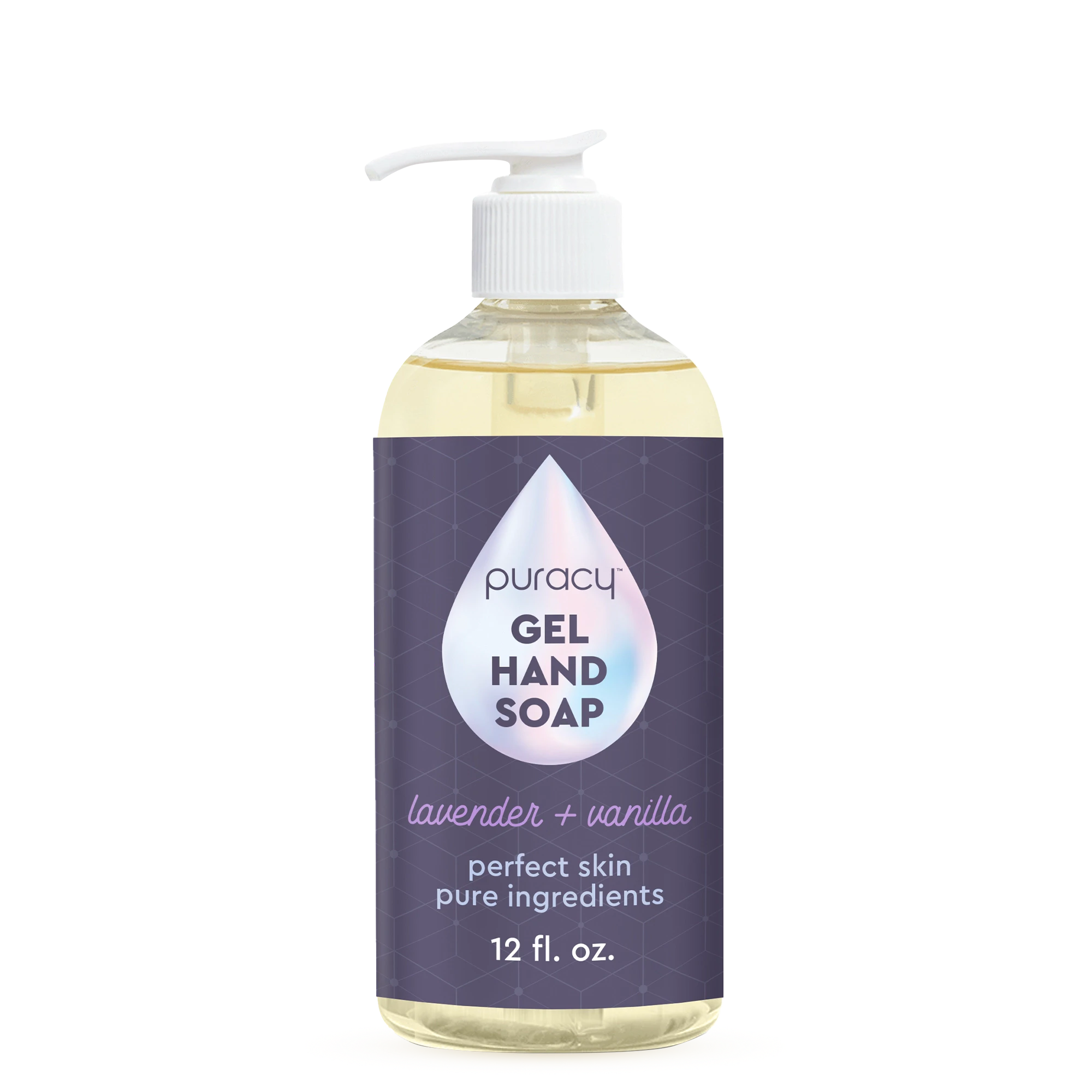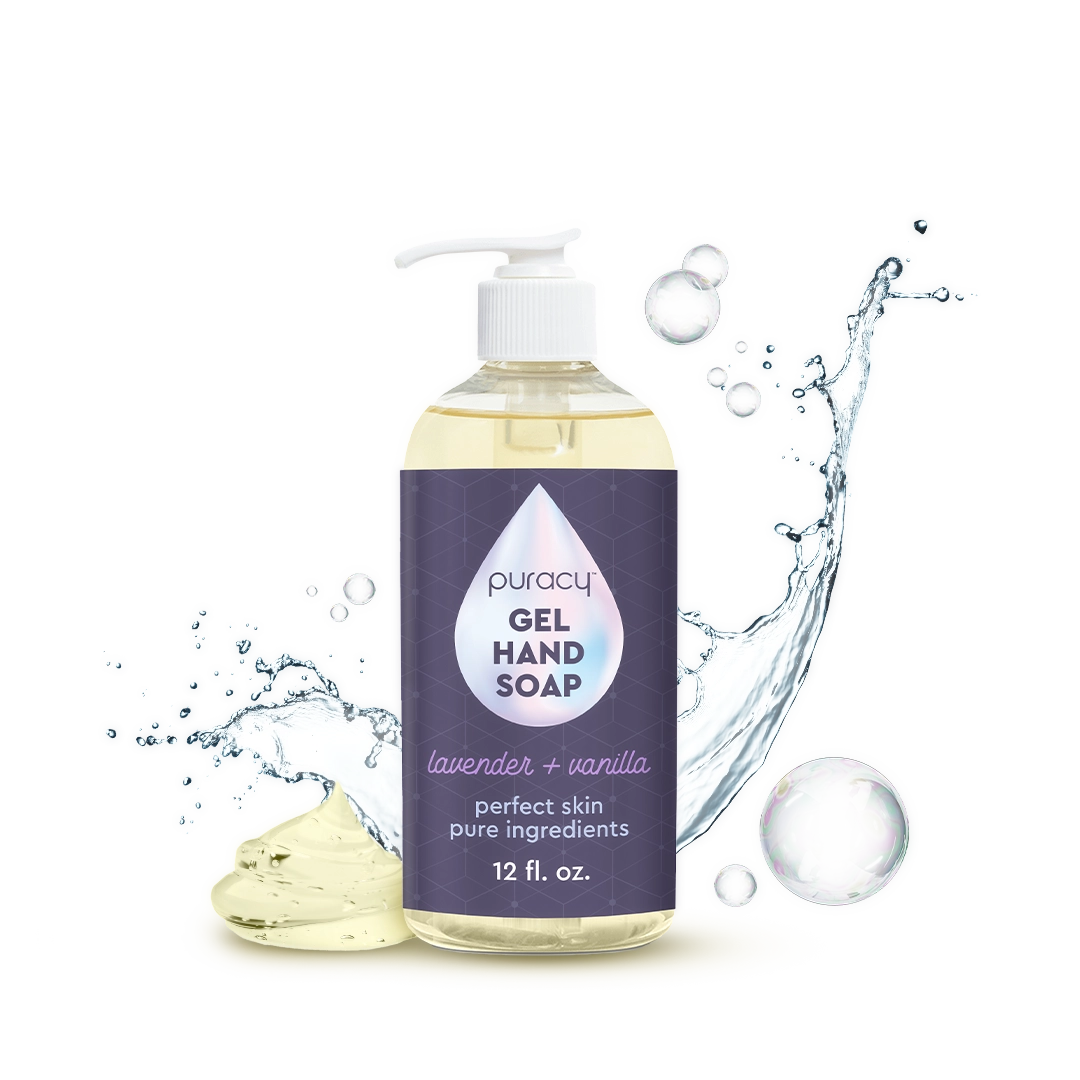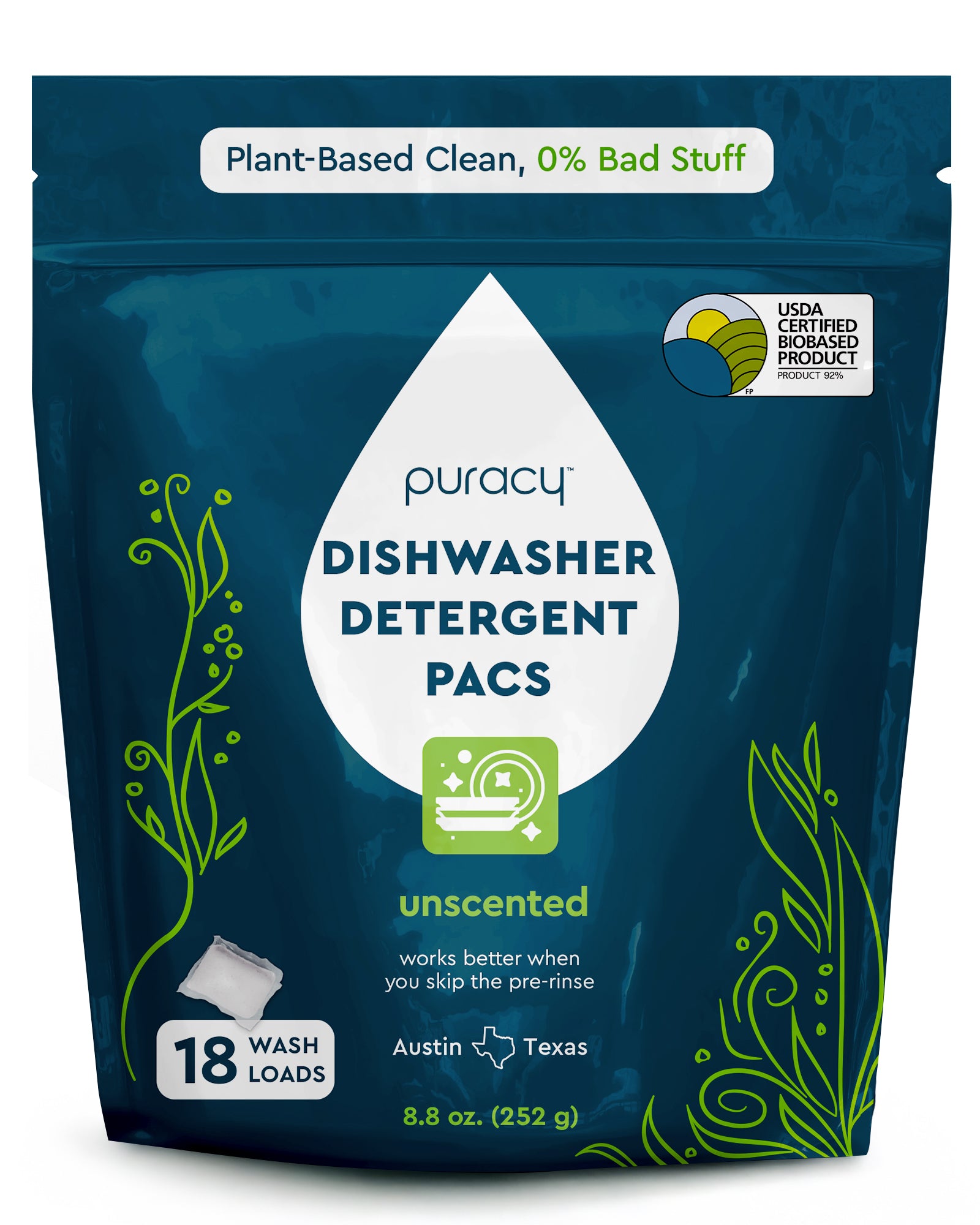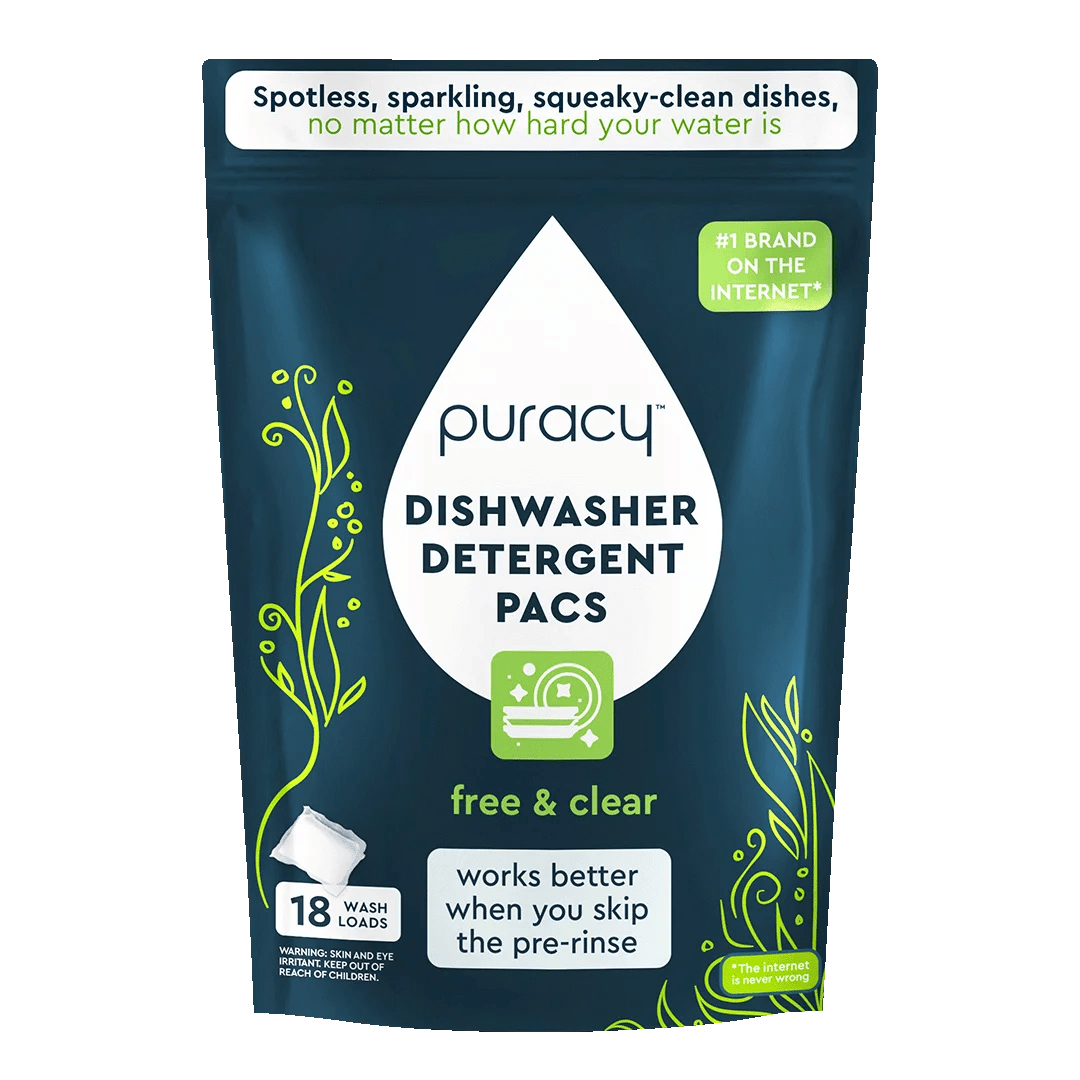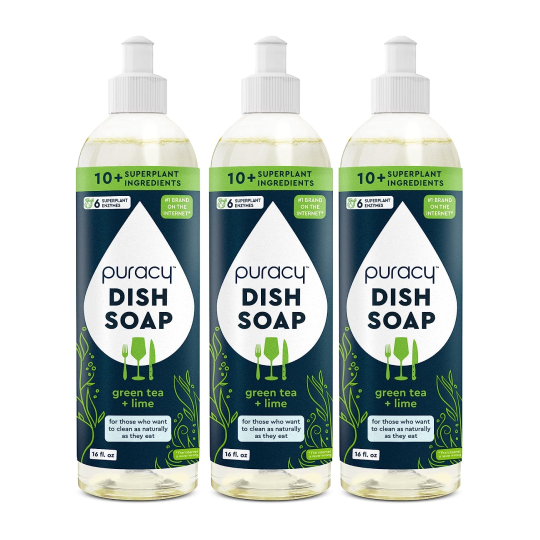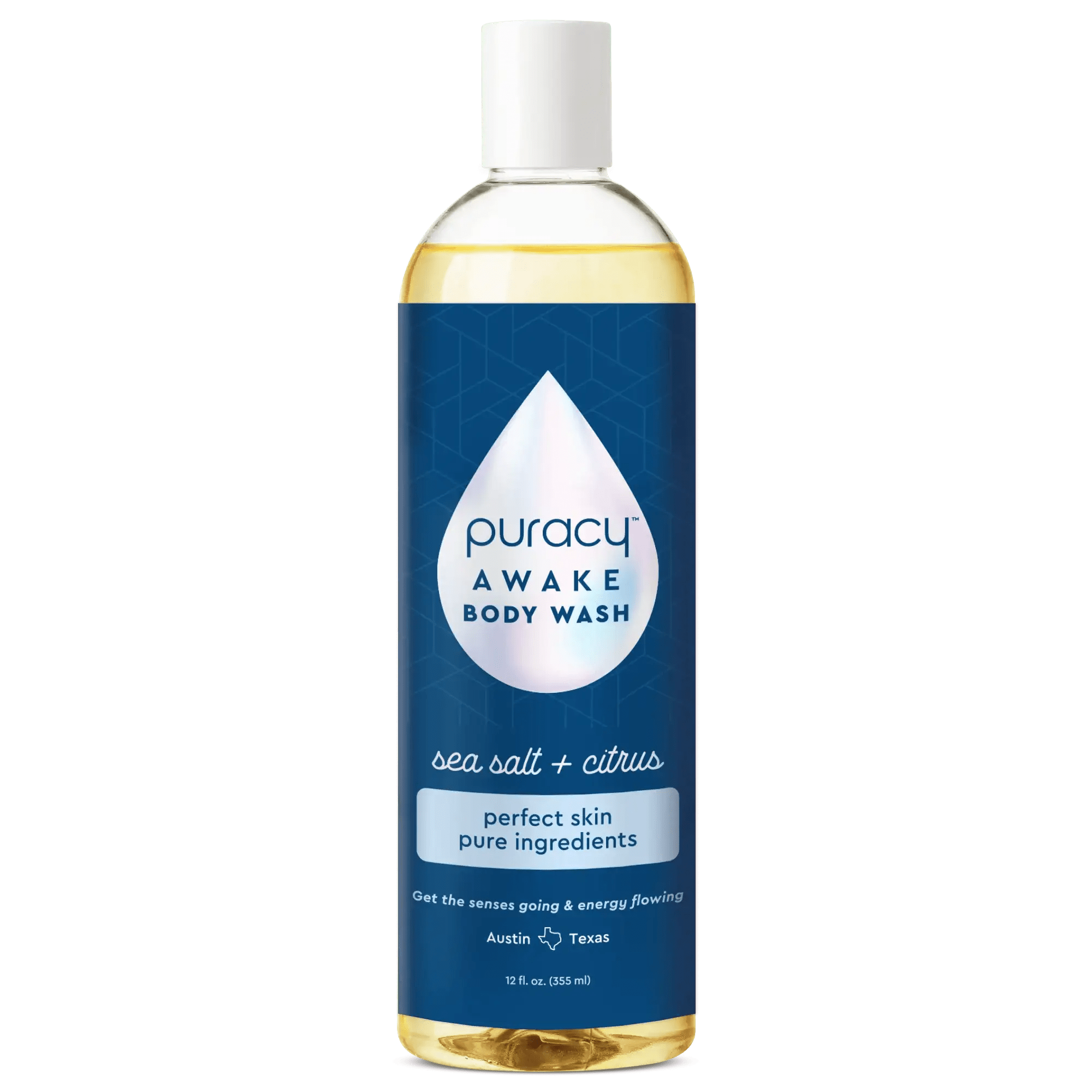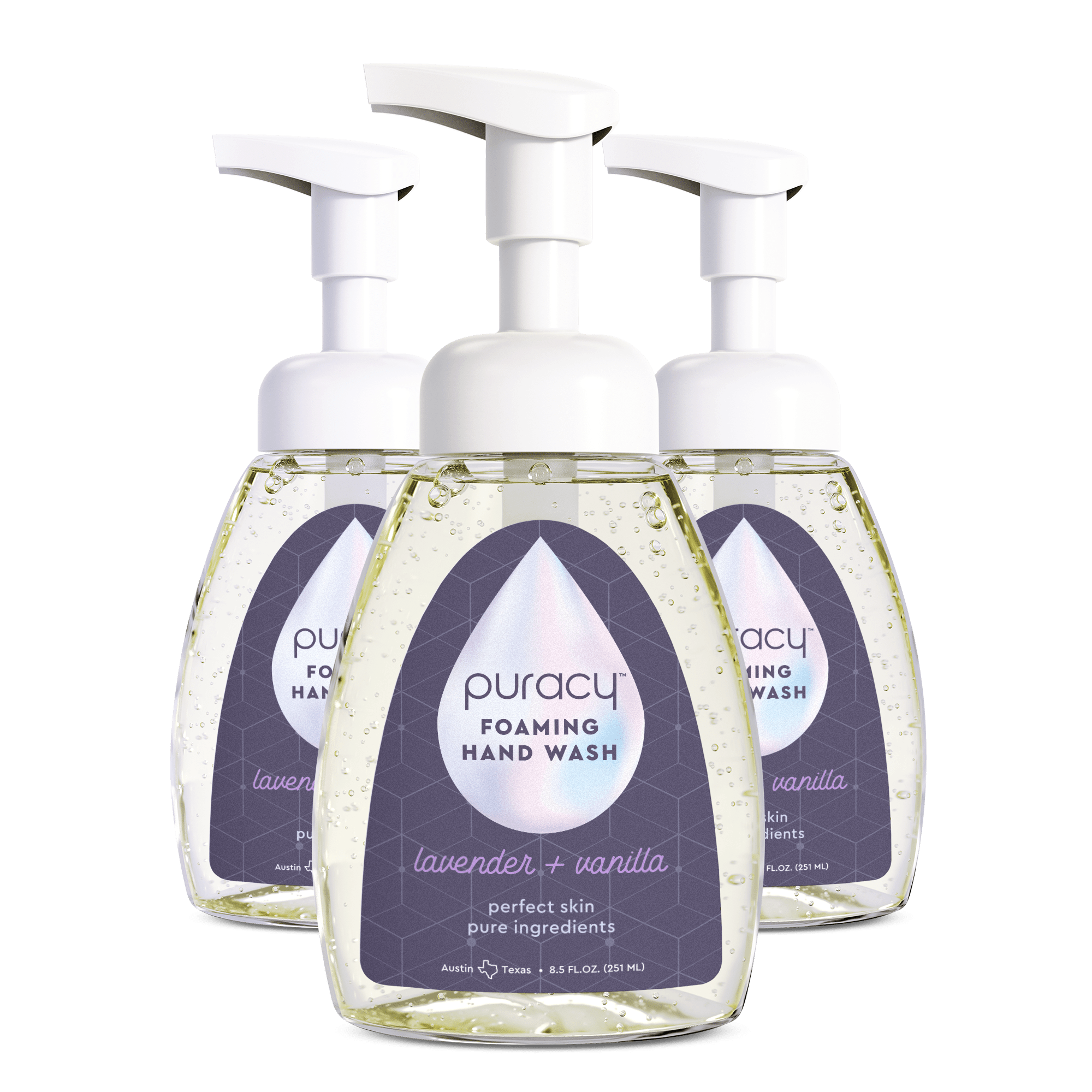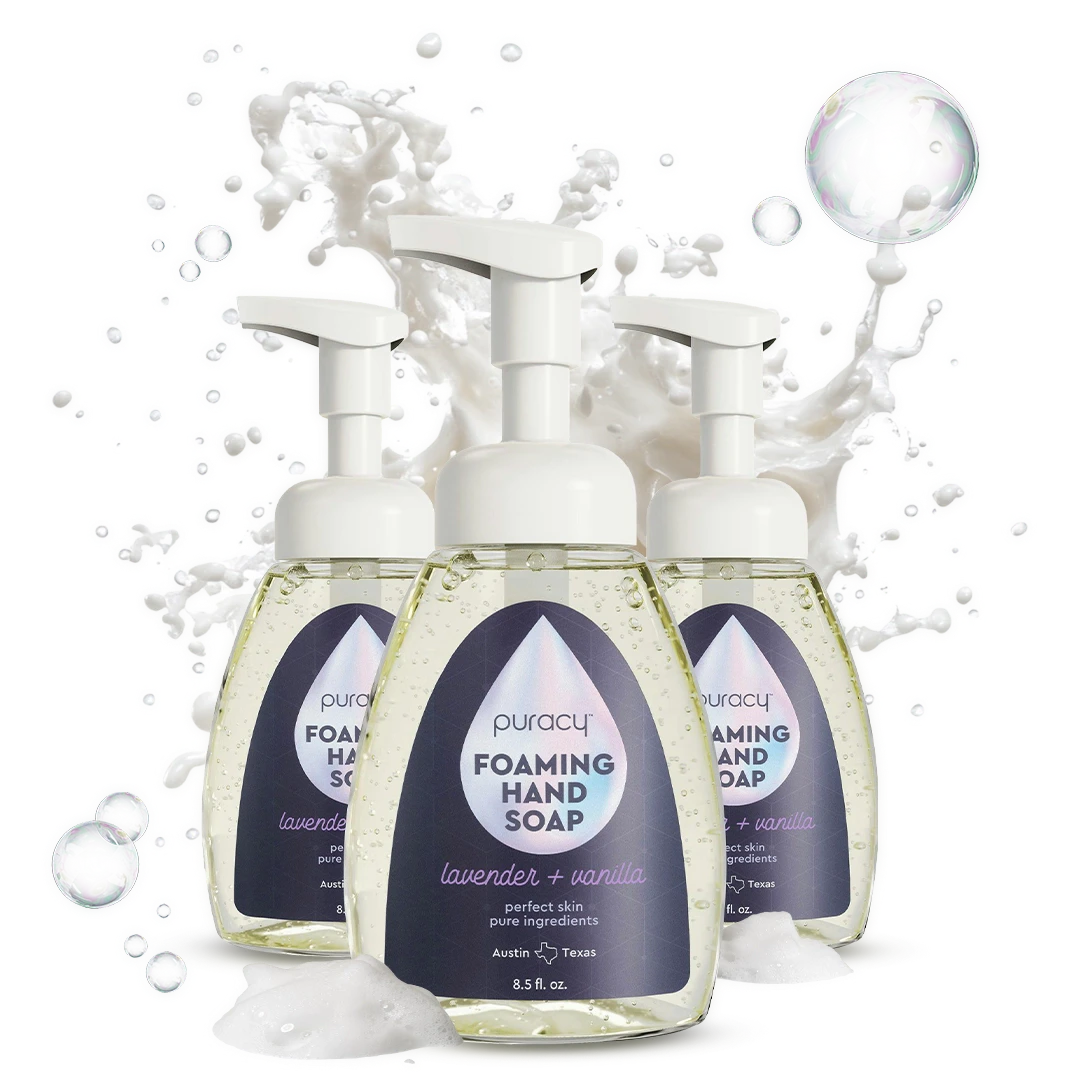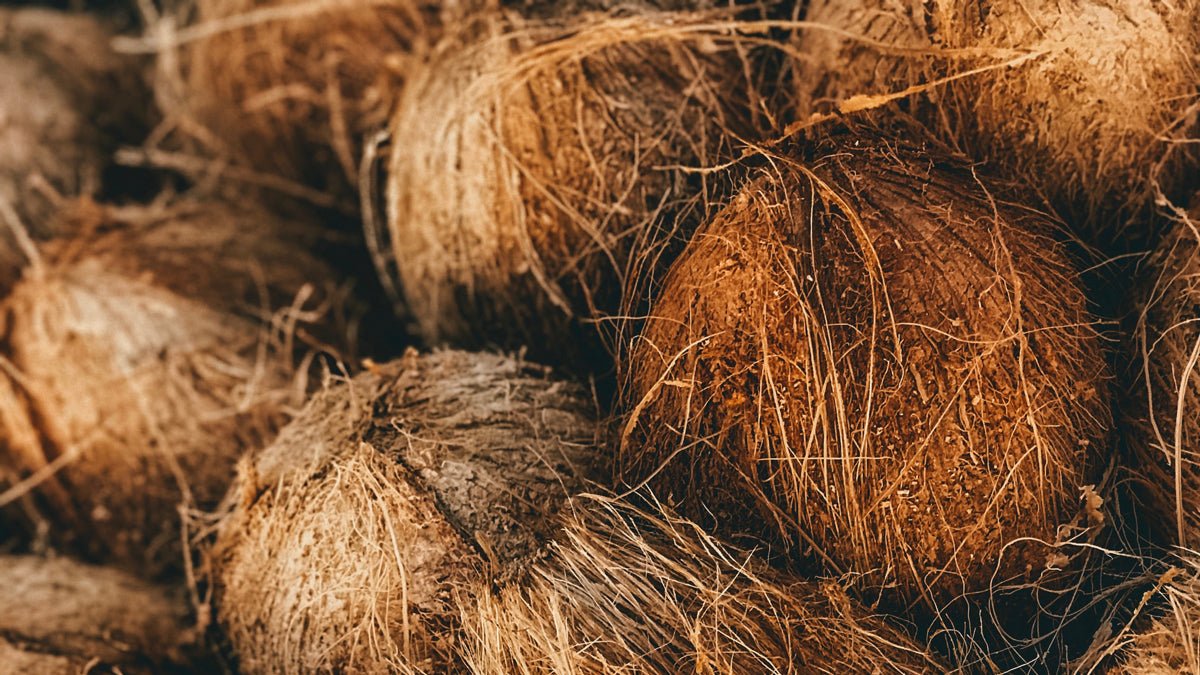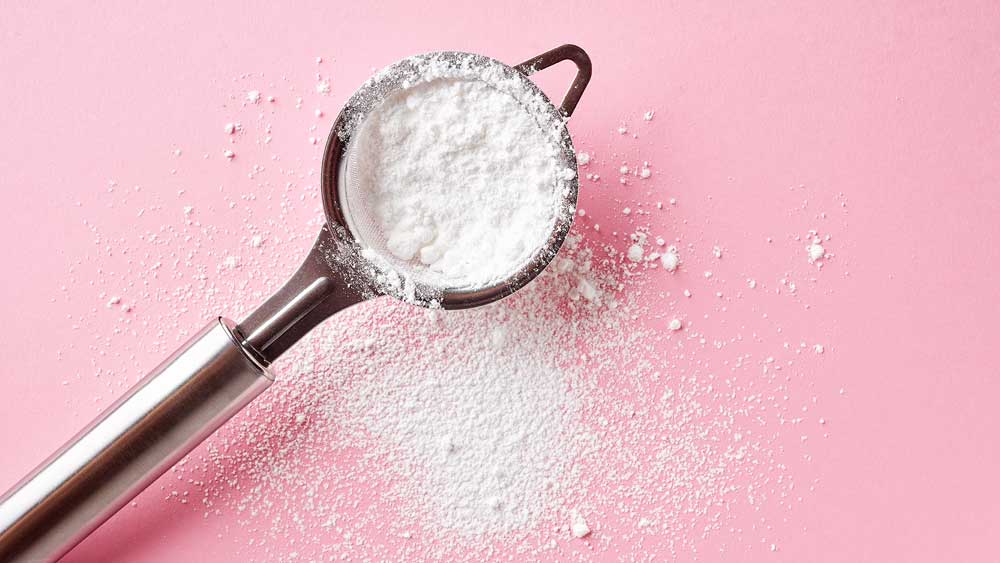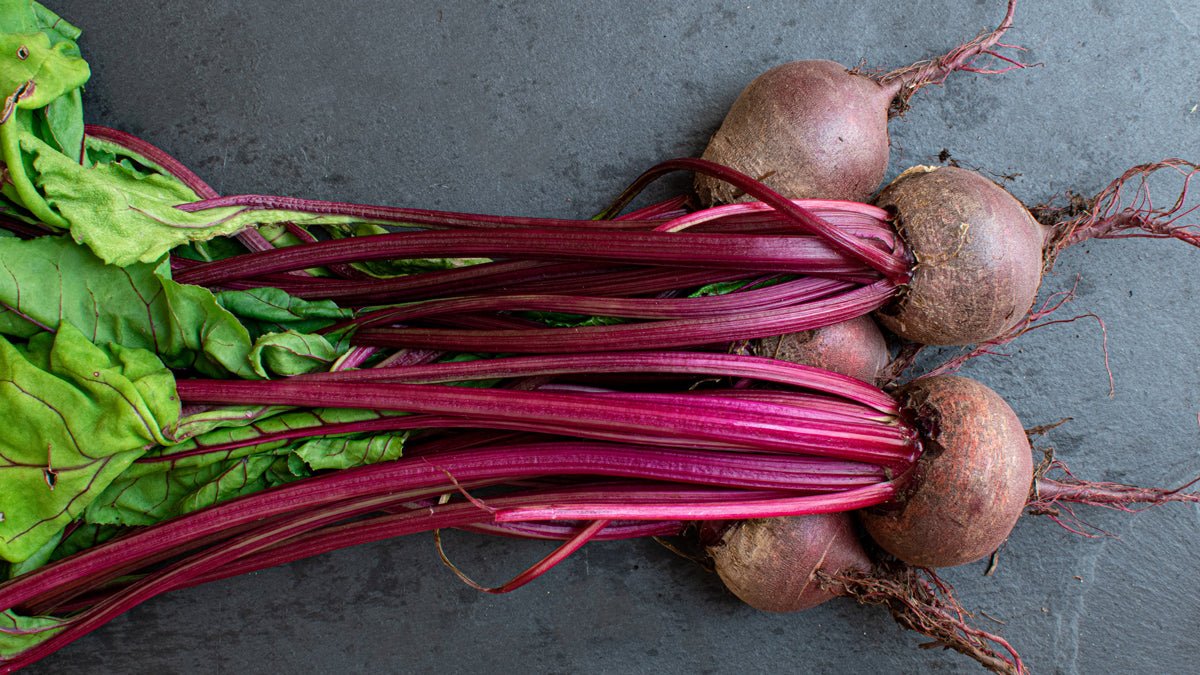
Betaine
- Derived from: Beetroot
- Pronunciation: \ˈbē-tə-ˌēn \
- Type: Naturally-derived
What Is Betaine?
Betaine is a crystalline alkaloid found in sugar beets and other plants. Betaine has been used to treat liver disorders and gastrointestinal disturbances.[1,2]
What Does Betaine Do in Our products?
Betaine has antistatic properties, can act as a humectant, and controls viscosity.[3,4] It can also be used as a surfactant.[5] We use betaine in our shampoo, where it helps maintain scalp health. Betaine can also be found in leave-on skin care preparations, after shave, exfoliants, hair spray, self-tanners, and many other products.[6,7]
Why Puracy Uses Betaine
Studies find that betaine is not irritating or sensitizing to the skin when formulated as such.[9,10,11,12,13,14,15,16,17] Whole Foods has deemed the ingredient acceptable in its premium body care product quality standards if documentation exists showing it is from a natural source.[18,19]
How Betaine Is Made
Typically, betaine is extracted from sugar beets via liquid chromatographic separation from sugar beet molasses. It is then refined and crystallized. Other forms of betaine can be produced by adding acid, heat, or other ingredients.[8]
Sources
[1] U.S. National Library of Medicine
[2] U.S. National Library of Medicine
[3] European Commission
[4] Personal Care Council
[5] Cosmeticsinfo.org
[6] Personal Care Council
[7] Environmental Working Group
[8] Personal Care Council
[9] European Chemicals Agency
[10] European Chemicals Agency
[11] Cosmetic Ingredient Review
[12] Nicander I, Aberg P, and Ollmar S. The use of different concentrations of betaine as a reducing irritation agent in soaps monitored visually and non-invasively. Skin Res Technol. 2003;9:43-49.
[13]Van der Valk PGM, Nater JP, and Bleumink E. Skin irritancy of surfactants as assessed by water vapor loss measurements. J Invest Dermatol. 1984;82(3):291-293.
[14] Rantanen I, Jutila K, Nicander I, Tenovuo J, and Soderling E. The effects of two sodium lauryl sulphatecontaining toothpastes with and without betaine on human oral mucosa in vivo. Swed Dent. 2003;27(1):31-34.
[15] Soderling E, Bell Al, Kirstila, and Tenovuo J. Betaine-containing toothpaste relieves subjective symptoms of dry mouth. Acta Odontol Scand. 1998;56:65-69.
[16] TKL Research Inc. 2002. Human repeated insult patch study on a moisturizer lotion containing 8.7% Betaine. Unpublished data submitted by Personal Care Products Council.
[17] Essex Testing Clinic, Inc. 2013. Clinical safety evaluation repeated insult patch test of a leave-on product containing 5% betaine. Unpublished data submitted by Personal Care Products Council.
[18] Whole Foods Market
[19] Whole Foods Market
